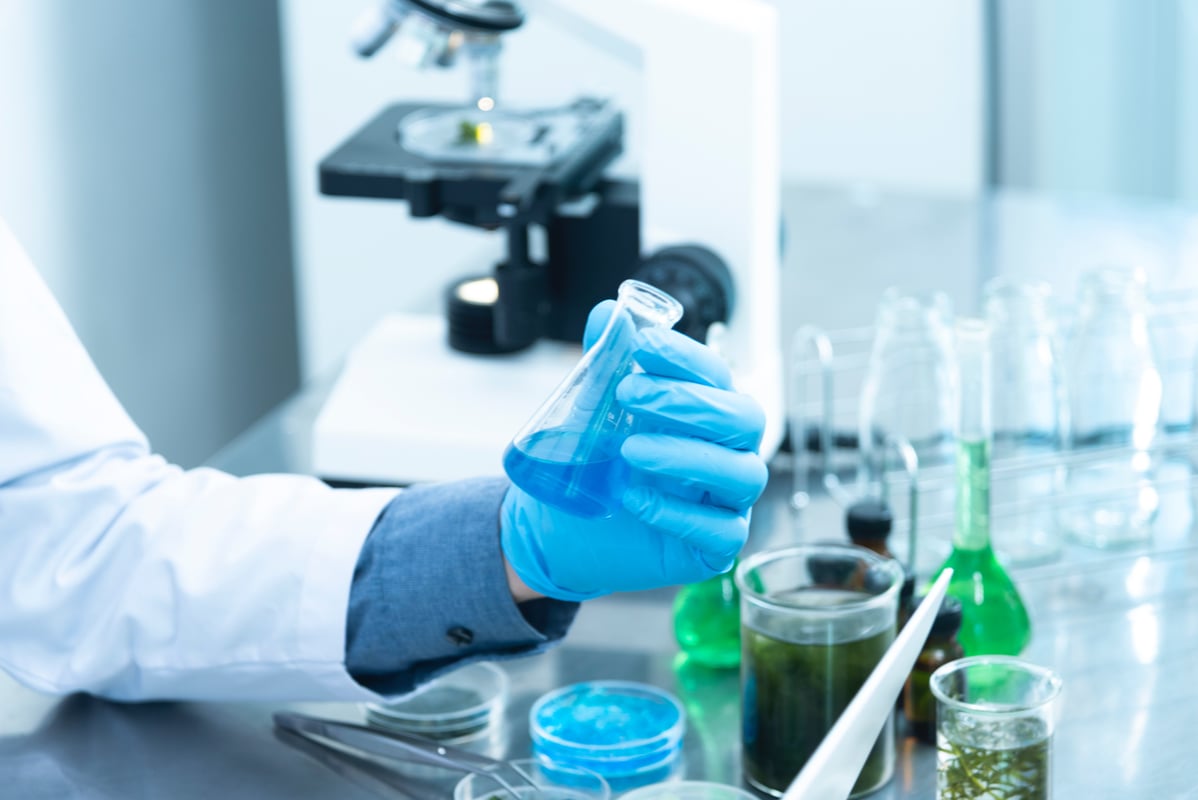Online Sterile Compounding Technician (IV) classes

Sterile compounding and IV aseptic certified classes are essential for individuals seeking a career in pharmacy or healthcare. These classes provide the necessary knowledge and skills to ensure the safe preparation and handling of medications in a sterile environment. With the advancement of technology, these classes can now be taken online, offering numerous advantages to students.
Additional tips:
- While not mandatory, gaining experience working in a pharmacy with a sterile compounding area can be highly beneficial.
- Consider researching job postings in your area to see what certifications are most in demand by employers.
- Network with pharmacy professionals to learn more about the field and gain insights.
By following these steps and choosing a reputable program, you can gain the knowledge and skills necessary to become a certified Sterile Compounding & IV Aseptic technician, opening doors to exciting career opportunities in the healthcare field.
What jobs can I get with a certification in Sterile Compounding & IV Aseptic?
Earning a Sterile Compounding & IV Aseptic certification opens doors to various rewarding careers in the healthcare field. Here are some potential job opportunities:
Sterile Compounding Technician
This is the most common role you can have with this certification. You'll be responsible for preparing sterile medications in a cleanroom environment, following strict aseptic techniques. Your duties may include:
- Weighing and measuring ingredients.
- Preparing intravenous (IV) solutions and admixtures.
- Assembling and sterilizing medication containers.
- Maintaining accurate and complete documentation.
Pharmacy Technician
This broader role allows you to assist pharmacists with various tasks in a pharmacy setting. With your sterile compounding expertise, you might be assigned duties related to:
- Sterile medication dispensing and labeling.
- Providing patient education on sterile medications.
- Maintaining sterile compounding supplies and equipment.
Nuclear Pharmacy Technician
Nuclear medicine involves using radioactive materials for diagnostic imaging and treatment. Sterile compounding skills are crucial in preparing radiopharmaceuticals used in these procedures. You may be responsible for:
- Aseptically preparing radiopharmaceuticals according to specific protocols.
- Performing quality control checks on radiopharmaceuticals.
- Adhering to radiation safety regulations.
Central Fill Technician
Centralized compounding pharmacies prepare and distribute large volumes of sterile medications to hospitals and other healthcare facilities. As a central fill technician with sterile compounding expertise, you might:
- Prepare large batches of sterile medications in a high-volume aseptic environment.
- Operate automated compounding equipment.
- Ensure medications meet quality and sterility standards.
Research Assistant/Associate
Your knowledge of sterile compounding can be valuable in research settings, particularly studies involving sterile medications or drug delivery systems. You might assist researchers with:
- Preparing sterile formulations for research studies.
- Maintaining aseptic conditions during research procedures.
- Documenting research activities related to sterile compounding.
Salary and job outlook
The salary for these positions can vary depending on factors like experience, location, and employer. According to the Bureau of Labor Statistics (BLS), pharmacy technicians, one of the roles you can take with a certification in Sterile Compounding & IV Aseptic, earn an average annual salary of $40,300.
The job outlook for positions requiring sterile compounding skills is positive. The BLS projects a 6% growth rate for pharmacy technicians between 2022 and 2032, much faster than the average for all occupations.
By obtaining a Sterile Compounding & IV Aseptic certification, you can position yourself for a stable and rewarding career in the growing field of sterile medication preparation and administration.
Final Thoughts
Obtaining a Sterile Compounding & IV Aseptic Certified online can provide you with the necessary knowledge, skills, and credentials to excel in the field of sterile compounding and IV aseptic preparation. By following the steps outlined in this article, you can embark on a rewarding career path that prioritizes patient safety, quality care, and professional excellence.
Remember to thoroughly research certification programs, meet eligibility requirements, enroll in the chosen program, study diligently, schedule and take the certification exam, and maintain your credentials through continuing education. With dedication, perseverance, and a commitment to lifelong learning, you can achieve your goal of becoming a certified sterile compounding and IV aseptic professionals.
Dreambound's extensive guides dig into the specific requirements and challenges that are different for each state in the US. Check out some of our other guides below:
- How to Become a Sterile Processing Technician in Alaska
- How to Become a Sterile Processing Technician in Idaho
- How to Become a Sterile Processing Technician in Minnesota
- How to Become a Sterile Processing Technician in North Dakota
Exploring a variety of professional opportunities? Dreambound has many extensive guides to help you make informed decisions. Check out these guides:

Sunshine is a member of the School Growth team at Dreambound, where she assists students and schools with their billing and onboarding needs. She is a licensed mechanical engineer. Outside of work, she enjoys road trips with her family, discovering cozy cafes, and exploring her love for art.




